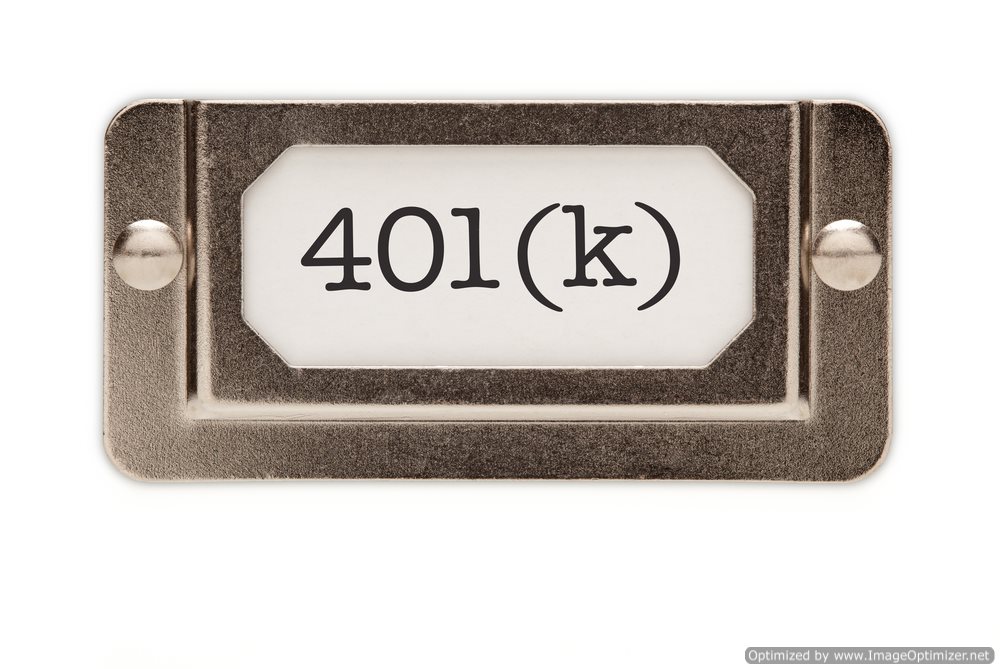401k Hardship Withdrawal
What is a 401(K) Hardship Withdrawal?
A 401(K) hardship withdrawal is a form of loan permitted by the Internal Revenue Service, which enables a contributor to withdraw funds from their retirement plan to satisfy an immediate financial need. The Internal Revenue Service will permit a 401(K) hardship withdrawal if the following criteria are met:

• The 401(k) hardship withdrawal is needed to fulfill an immediate and important financial need
• The 401(k) hardship withdrawal is necessary to satisfy the particular need
• The contributor has no other means to fulfill the need—the individual cannot utilize any other source of funds
• The 401(k) hardship withdrawal should not exceed the total amount needed by the individual
• The individual cannot contribute to their 401k plan for up to 6 months after the withdrawal date
• The individual must have first received all non-taxable distributions or loans available under their 401k plan
A 401(k) hardship withdrawal is typically permitted by larger companies; however, due to the high costs associated with administration, the maneuver may not be readily available with smaller companies.
Acceptable Reasons for a Hardship Withdrawal:
The following reasons are typically deemed acceptable by the Internal Revenue Service to engage in a 401(K) hardship withdrawal:
• Repairs of the contributor’s primary residence
• Funeral expenses
• Payments associated with home foreclosures
• Payments required to prevent the contributor from being forced out of their residence
• Payments needed for college tuition and other educational costs such as transportation, food, room & board etc.
• Purchase of a principal residence
• Unexpected medical expenses
All 401K hardship withdrawals are subject to 10% early withdrawal fees. Moreover, the funds secured from a 401k hardship withdrawal are also subject to income taxation. For instance, if an employee withdraws $10,000 as a hardship withdrawal, the individual will owe $1,000 in fees and will be taxed on the remaining $9,000. That being said, the following 401(K) hardship withdrawals will not be subject to the 10% penalty:
• The individual stops working, quits, retires or gets laid off at or after the age of 55
• The individual sustains unexpected medical debts that exceed 7.5% of their Adjusted Gross Income
• A court orders the individual to give funds to a divorced spouse or dependent
• The individual sustains a permanent disability
• The individual stops working and begins taking regular payments based on a fixed schedule that will provide equal payments for the rest of their expected life; this provision must last 5 years or until the individual turns 59.5 years of age.
Frequently Asked Questions Pertaining to 401(k) Hardship Withdrawals:
How Does the IRS Define a “Hardship” for a 401(k) Plan?
For a distribution from a 401(k) to be permitted on account of hardship, it must be used to satisfy an immediate and heavy financial reason. Moreover, the amount must be necessary to satisfy the particular financial need. The need of the employee will also include the need of the employee’s dependent or spouse. Whether the need is heavy and immediate will depend on the facts and circumstances; the above listed reasons are deemed acceptable by the Internal Revenue Service.
What is the Maximum Amount of Contributions that can be distributed as a Hardship?
The amount of contributions available for a 401(K) hardship cannot be more than the amount of the individual’s total elective contributions (Roth contributions are also included) as of the date of distribution reduced by the amount of previous distributions.
Is a Hardship Distribution Allowed from an IRA?
There is typically no limit on when an IRA holder may take a distribution from his or her IRA, however, the individual may be subject to unfavorable tax consequences.
Certain distributions from an IRA account that are used for expenses similar to those that may be deemed eligible for hardship distributions from a retirement plan will be ruled exempt from the additional taxation on early distributions.